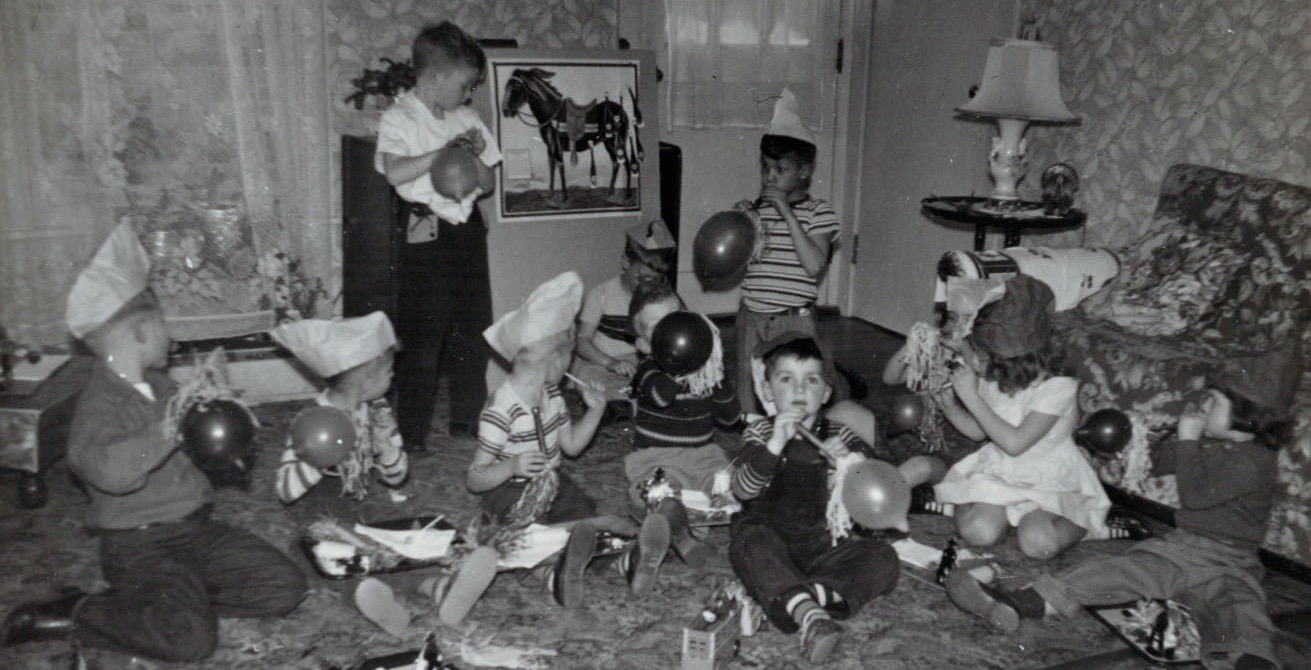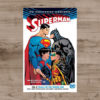When I think of the American family these days, I can’t help but think of a three-legged dog. My sons once invited a neighbor boy over to see our new dog. This boy had been moody and erratic, sometimes crying and screaming at the other children in the neighborhood. His parents were going through a divorce, and it was now clear that, with his father’ s impending remarriage to somebody else, they weren’t going to get back together. He said that his dog had only three legs. “Was it born that way?” asked one of my sons. The neighbor said that it wasn’t but that when the dog was a puppy its mother and father got in a fight, and he was between them. “They tore his leg off,” he said. “I guess you could say it was a divorce. That’s’ what happens in a divorce. A Mom and a Dad fight, and they tear the kids apart.”
When I heard this, I was shaken out of all of my sociological studies and Bible studies on marriage and “The Family.” This wasn’t a set of competing cultures, or dueling statistics. This hurting child revealed, without ever looking up from our pet, what the family was for him. It wasn’t a set of values, or a haven in a heartless world. The family was a dogfight, and he was a limping, wounded survivor.
This child is not alone. Family life is, indeed too often a dogfight, a tearing-apart of people as appetites and interests go to war and as homes splinter apart, sometimes suddenly, sometimes gradually. Walking through the midst of this is difficult. Our family structures, after all, imprint and shape us more than anything else in the realm of nature, as any psychiatrist can attest. Marriage and parenting and sexuality aren’t just social relationships, but have a much deeper hold on us, hitting right at the core of how we see ourselves and our place in the world. Perhaps this is why the “culture wars” of the past fifty years have centered so closely on the family, from sexuality to marriage to parenting.
All of us, whatever our religious or political affiliations, seem to agree that family life is perilous, and even fallen, although we would disagree on where this fallenness is. For some, the problem is the patriarchy, which is to be smashed: or the “repressive” norms of “bourgeois” sexuality and the nuclear family. For others of us, the sexual revolution and the fracturing of the family represent the problem. We disagree on where the problem is and how to fix it, but we agree that our deepest differences show up in our skirmishes in the family room and the bedroom.
Sometimes Christians can speak of “traditional family values” in a way that can cordon these issues off from questions of the gospel. In some ways, this is strategic. After all, we agree sometimes on “family issues” with many with whom we disagree on gospel matters. One need not affirm the Nicene Creed to affirm that divorce hurts children, or that promiscuity harms people, or that pornography degrades human sexuality. At the same time, though, as the church we recognize that family matters precisely because it is more than “tradition,” more than “values,” more than a “culture” to war about. Family points us away from itself to the kingdom of God, to the gospel of that kingdom, and, behind all of that, to the triune God himself.
We ought to make alliances with those with whom we disagree, but we ought also to make sure that we shape and form congregations to see the family as more than just natural. And, at the same time, we ought to see that when it comes to the family, we are not the culture warriors we have pretended to be.
Some would chalk up Christian concern about “pro-family” issues to nostalgia, a sort of longing for the way things used to be, when men were men, women were women, and families stayed together and prayed together, in an attempt to recreate a mythical 1950s family of shiny, happy people. To some degree, there’s some truth behind this claim. One respected evangelical leader once remarked that what he wished to see in American culture is a return to the 1950s, but without the sexism and racism. It is easy to contrast previous generations of family stability with the rates of divorce and of pornography, of the unhinging of sexuality from marriage, of marriage from a definition rooted in sexuality, of sex from procreation and of procreation from sex.
As Christians, with a strong sense of human depravity, we ought to agree—at least on this point—that the gauzy, sentimental view of an idyllic era of “normal” families is “the way we never were.” It’s hard to imagine, after all, the 1950s’ family without the sexism and racism, since one can hardly quantify the damage done to families by slavery of the century-before or the police-state terror of Jim Crow and one can hardly quantify the damage done to families by, for instance, domestic and sexual abuse often kept hidden under cover of darkness.
The “crisis in the American family” isn’t downstream from Woodstock or the Pill, but downstream from the wreckage of Eden. Skirmishes over the family are not the product of blind cultural or historical trends, but instead we must recognize that the family is under assault in every generation, albeit sometimes in craftily veiled ways. And the antidote to our myopic vision of the family, whether myopically nostalgic or myopically apathetic, is not only to focus on the family, but to focus on what’s beyond the family: on the mystery of the kingdom of Christ.
When the goal of Scripture is seen in its proper context—the context it sets for itself—as the unfolding of the mystery of Christ against the opposition of the hostile cosmic powers, we see why the family is so significant and significant for reasons far more important than “saving America” or “preserving Western civilization.” The family is more than a “haven in a heartless world,” but is an embedded pattern of icons of Christ Jesus, his church, and the gospel of his kingdom.
——
This article is adapted from my new book Onward: Engaging the Culture Without Losing the Gospel.
Image Credit; licensed under CC 2.0.






